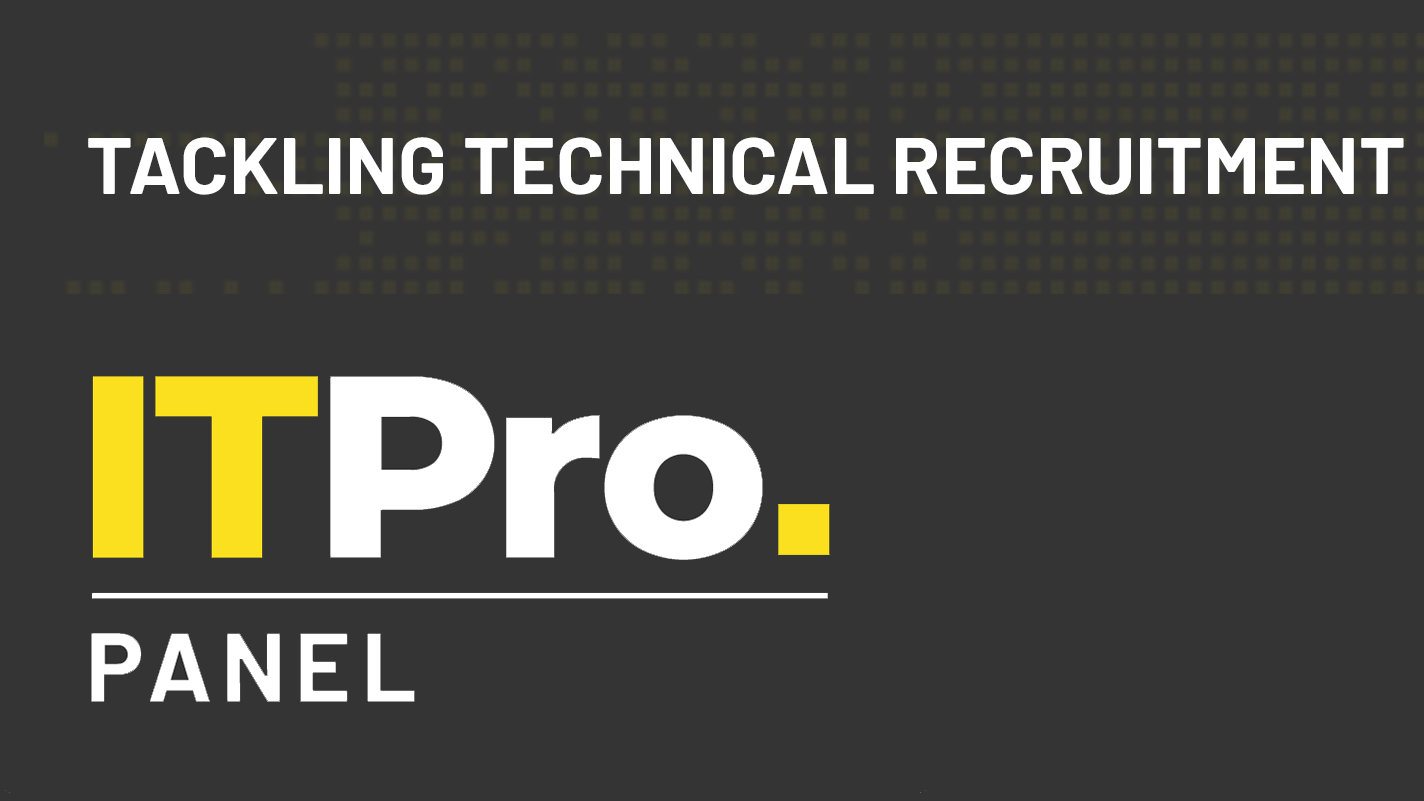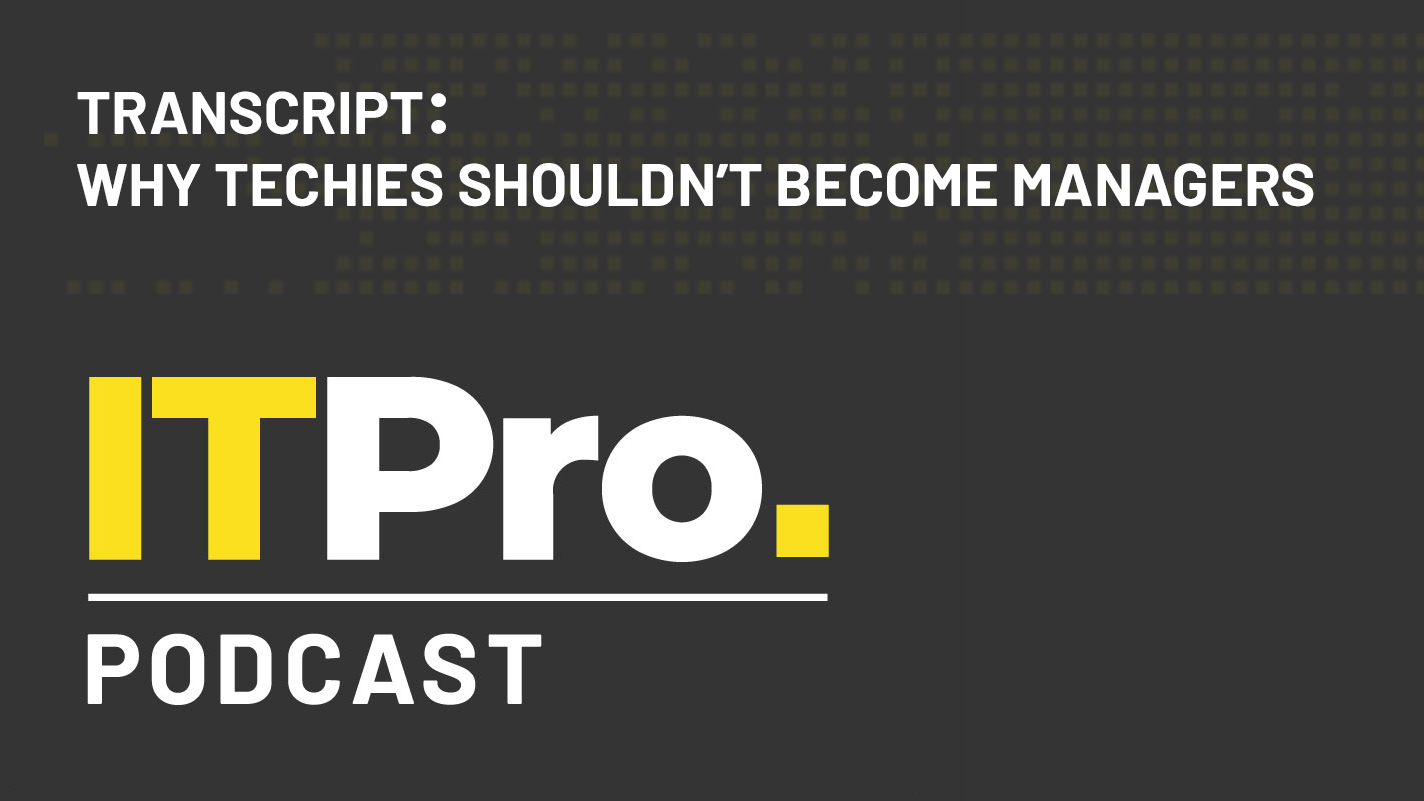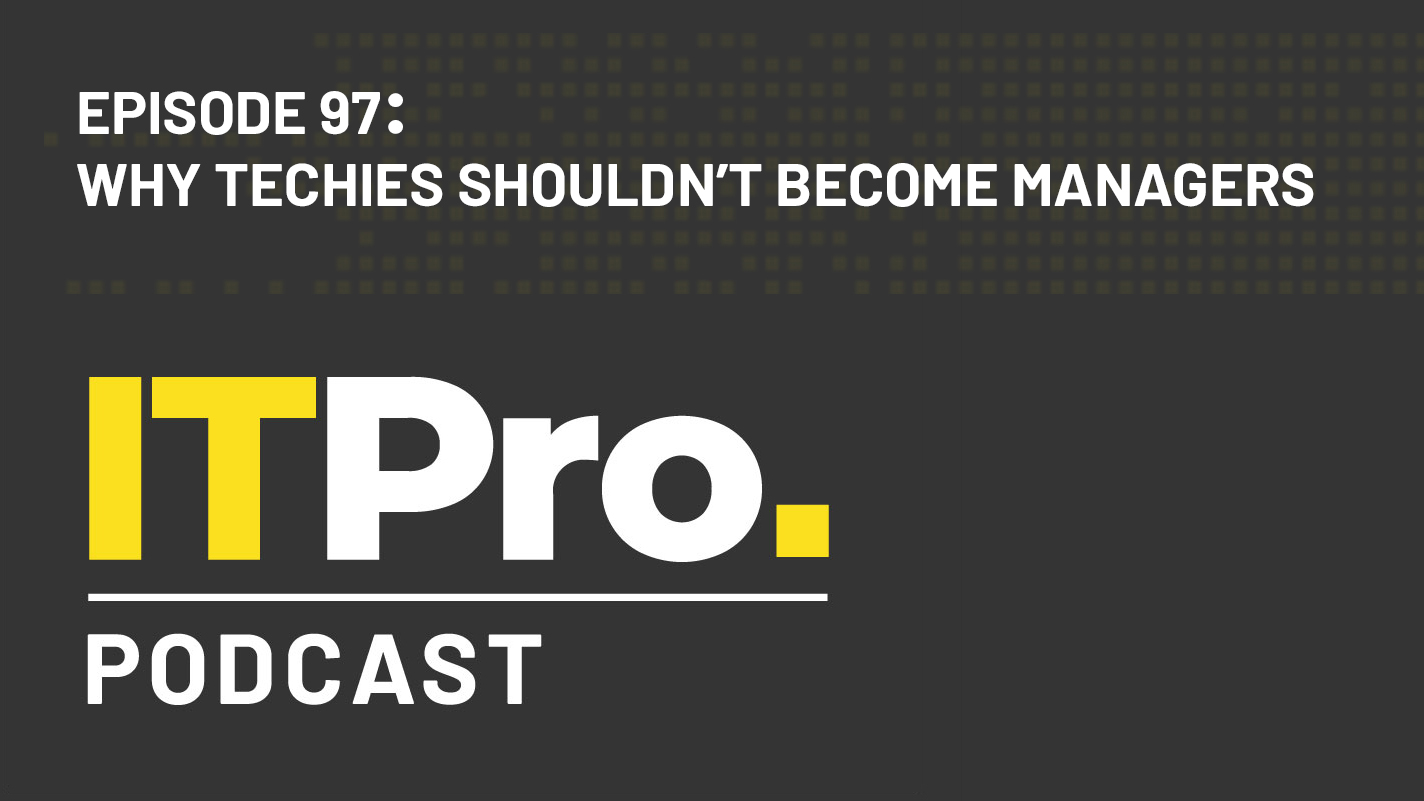2012: the outlook for CIOs
The CIO's task became harder in 2011. In 2012, IT leaders will need to cement their position as trusted advisers to the business, rather than just the person who keeps the lights on.

The CIO is responsible for ensuring systems continue to work, and will need to assess whether the best value comes from external providers, in-house IT, or a combination of both.
"At the high level, there are questions of risk management," cautions Gartner vice president and fellow Steve Prentice. "There is business risk, business continuity risk, even cyber terror. That is often the stalling point for the cloud: people are not 100 per cent, or even 90 per cent, comfortable with its reliability or resilience or security. CIOs cannot even be sure that the supplier will be there in the future."
The CIO's strategic role means putting these concerns in the context of the business, and helping buyers of technology understand the trade offs between price, risk and performance. At the same time, the CIO is responsible for ensuring systems continue to work, and will need to assess whether the best value comes from external providers, in-house IT, or a combination of both.
The idea of a "catalogue" of IT services is sometimes over used, but it is a helpful tool for explaining, where the money goes to business managers controlling IT budgets.
It can also help IT departments to formalise their approach to the consumerisation of technology. Some organisations will maintain lists of approved equipment they will buy for end users; others keep lists of personal equipment that can be integrated into the corporate network. The most sophisticated look at the data rather than the devices. The CIO will be central to this process, and will also be the key adviser to the business on new and emerging technologies and increasingly, new working methods too.
"There is a change in the agenda," says Philip Hopley, partner at IT adviser h2index. "For the CIO it was about putting in SAP or other large systems. The attention now is on how people behave and work, and the facilities they need to do their work well."
Sign up today and you will receive a free copy of our Future Focus 2025 report - the leading guidance on AI, cybersecurity and other IT challenges as per 700+ senior executives
-
 IT Pro Panel: Tackling technical recruitment
IT Pro Panel: Tackling technical recruitmentIT Pro Panel With the recruitment market shifting, how can businesses both retain their best staff and fill gaping talent shortages?
-
 Podcast transcript: Why techies shouldn’t become managers
Podcast transcript: Why techies shouldn’t become managersIT Pro Podcast Read the full transcript for this episode of the IT Pro Podcast
-
 The IT Pro Podcast: Why techies shouldn’t become managers
The IT Pro Podcast: Why techies shouldn’t become managersIT Pro Podcast Managing people is a completely different skillset to managing technology - so why do we keep pushing people from one to the other?
-
 Podcast transcript: How umbrella companies exploit IT contractors
Podcast transcript: How umbrella companies exploit IT contractorsIT Pro Podcast Read the full transcript for this episode of the IT Pro Podcast
-
 The IT Pro Podcast: How umbrella companies exploit IT contractors
The IT Pro Podcast: How umbrella companies exploit IT contractorsIT Pro Podcast Is tighter regulation needed to stop workers from being cheated out of earnings?
-
 Data scientist jobs: Where does the big data talent gap lie?
Data scientist jobs: Where does the big data talent gap lie?In-depth Europe needs 346,000 more data scientists by 2020, but why is the gap so big?
-
 Four tips for effective business collaboration
Four tips for effective business collaborationOpinion Collaboration is about more than just removing office walls
-
 IT Pro Panel: The truth about talent
IT Pro Panel: The truth about talentIT Pro Panel Why is it still so hard to find good people?

